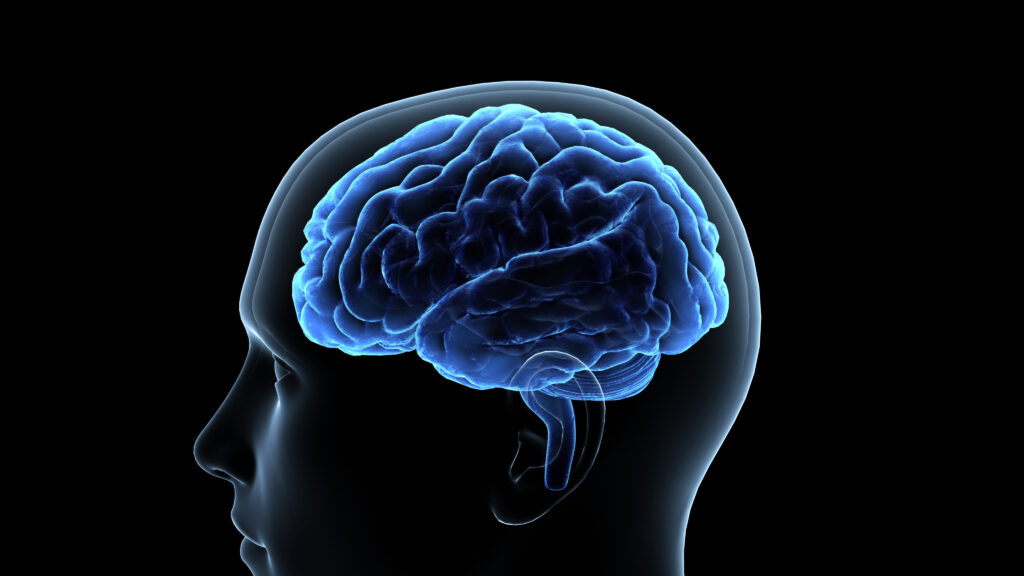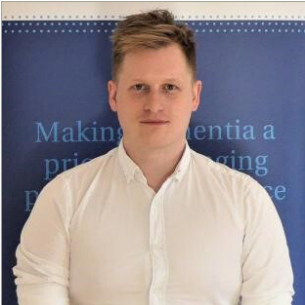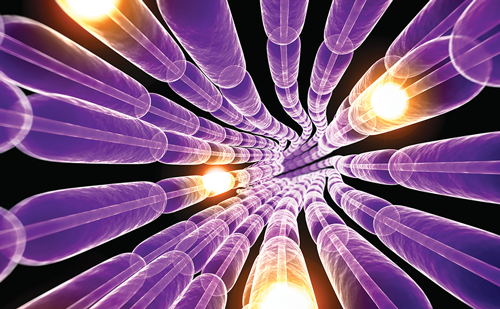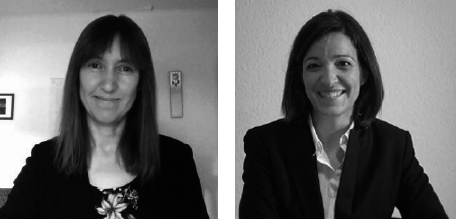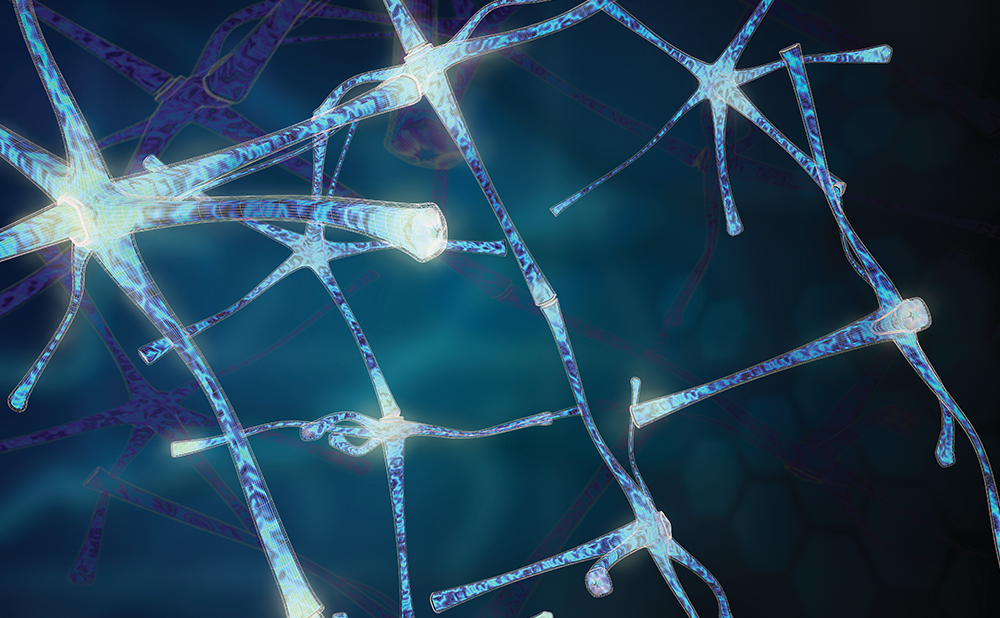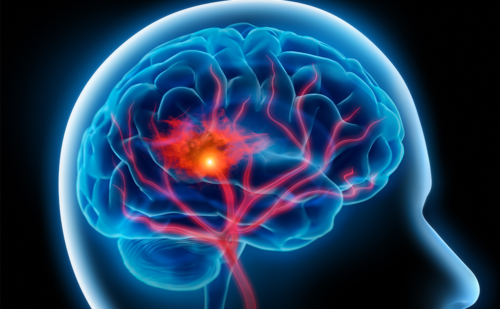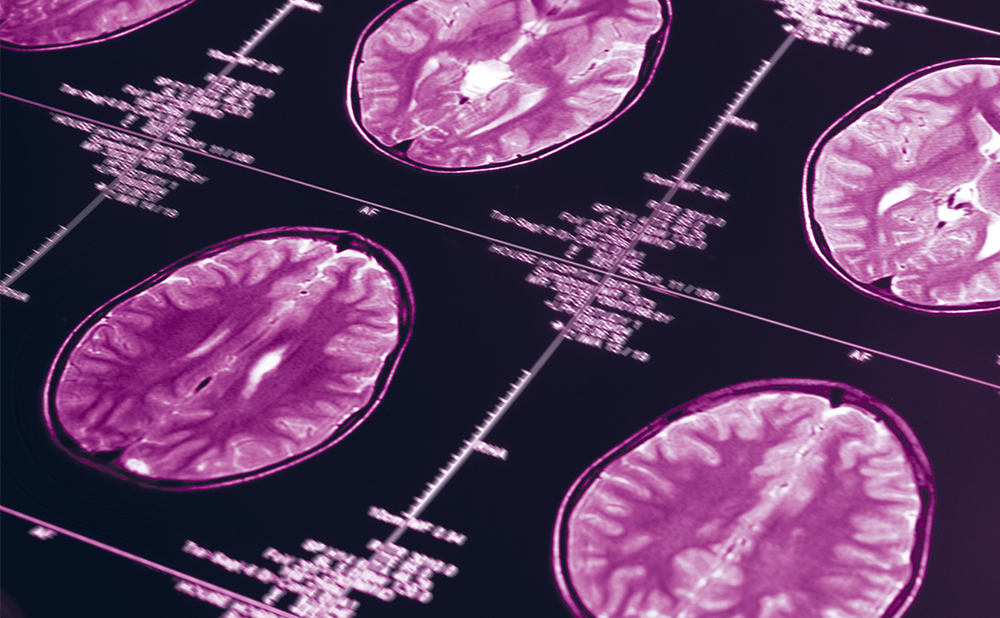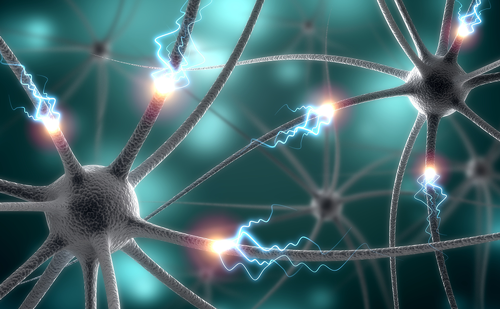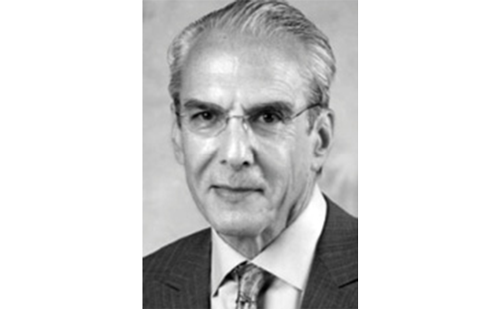Welcome to the latest edition of touchREVIEWS in Neurology, featuring a range of interviews, reviews and reports on some of the key recent developments in neurological disease. We open with three expert interviews with key members of the pan-European organisation, Alzheimer Europe on the topic of care for people with dementia. In the first, Owen Miller provides an overview of the Dementia in Europe Yearbook 2022 report, including challenges and opportunities that people with dementia and their caregivers face and recommendations to address these challenges. Following this, Dianne Gove and Jean Georges discuss how to challenge the sex, gender and sexuality assumptions and inequalities in dementia. Finally, Dianna Gove and Ana Diaz describe the current challenges in ethical and inclusive communication, including how to promote a more accurate and inclusive portrayal of dementia.
Moving on to Parkinson’s disease, although disease management has largely focussed on symptomatic relief of motor symptoms, non-motor aspects of the disease are now increasingly a focus. To further enhance holistic care, Subramanian et al. describes a framework for managing neurological disease using a culturally sensitive approach, which may provide quality-of-life benefits.
Next, we return to dementia. Wimo et al. discuss important questions following the recent approval of the first disease-modifying treatment for Alzheimer’s disease, including which patients should receive this treatment and how much healthcare systems should be prepared to pay. Additionally, Axenhus and Winblad review the current scientific evidence on the impact of COVID-19 on people with dementia, including mortality and whether COVID-19 can cause and worsen symptoms. Moreover, the use of proton pump inhibitors for gastric conditions has increased in the last 20 years, and previous evidence has raised concerns about the adverse impact of proton pump inhibitors on cognition in older adults. Gao et al. assess the available data on this topic and whether any change in clinical practice may be warranted.
Shifting our focus to neurosurgery, Hintz et al. review the history of radiosurgery, which has made significant advancements in the past half-century with the transition from invasive to non-invasive frames, reducing discomfort and anxiety for patients undergoing this treatment.
Myelin oligodendrocyte glycoprotein antibody-associated disease, which most commonly presents as acute disseminated encephalomyelitis in children, requires timely treatment for positive long-term outcomes. In a review article, Abrams provides an update on the best practice diagnostic approach for acute disseminated encephalomyelitis and treatment options for confirmed cases of myelin oligodendrocyte glycoprotein antibody-associated disease.
Next, we focus on a piece of original research on the topic of pain management. The study by Russell et al. provides insights into patient beliefs in optimal pain management, which is an important concept considering patient views may also affect the success of therapies.
Finally, we round off the issue with a case report highlighting the challenges in diagnosing patients with muscle diseases that have prominent limb–joint contractures. Abida et al. discuss how one such case involving limb–joint contractures was misdiagnosed as scleromyositis and how this indicates a need for comprehensive patient evaluation.
The editors of touchREVIEWS in Neurology would like to thank everyone who contributed the insightful and informative articles included in this edition. We are also grateful to all society partners for their on-going support and to our Editors-in-Chief and Editorial Board for their continued involvement and advice. We hope that you will find this edition informative and interesting.
Said R Beydoun
Said R Beydoun, MD, FAAN, is Professor and Division Chief for Neuromuscular Medicine at the Department of Neurology at Keck School
of Medicine, University of Southern California (USC). He is Program Director of the Clinical Neurophysiology Fellowship. As a principal
investigator, Dr Beydoun has participated in multiple research clinical trials. His clinical and research areas of expertise in the field of neuromuscular medicine include amyotrophic lateral sclerosis (ALS), myasthenia gravis, peripheral neuropathy (including chronic inflammatory demyelinating polyneuropathy), multifocal motor neuropathy and transthyretin-related amyloid neuropathy. He has published in several scientific journals on topics related to neuromuscular diseases and is co-Editor-in-Chief of touchREVIEWS in Neurology. He is an elected fellow of the American Academy of Neurology and a fellow of the American Association of Neuromuscular and Electrodiagnostic Medicine; a member of the medical/scientific advisory board of the Myasthenia Gravis Foundation of America; Medical Director of the Certified ALS Treatment Center of Excellence at Keck USC; and holds board certification by the American Board of Psychiatry and Neurology in neurology, clinical neurophysiology, neuromuscular medicine and pain medicine.


